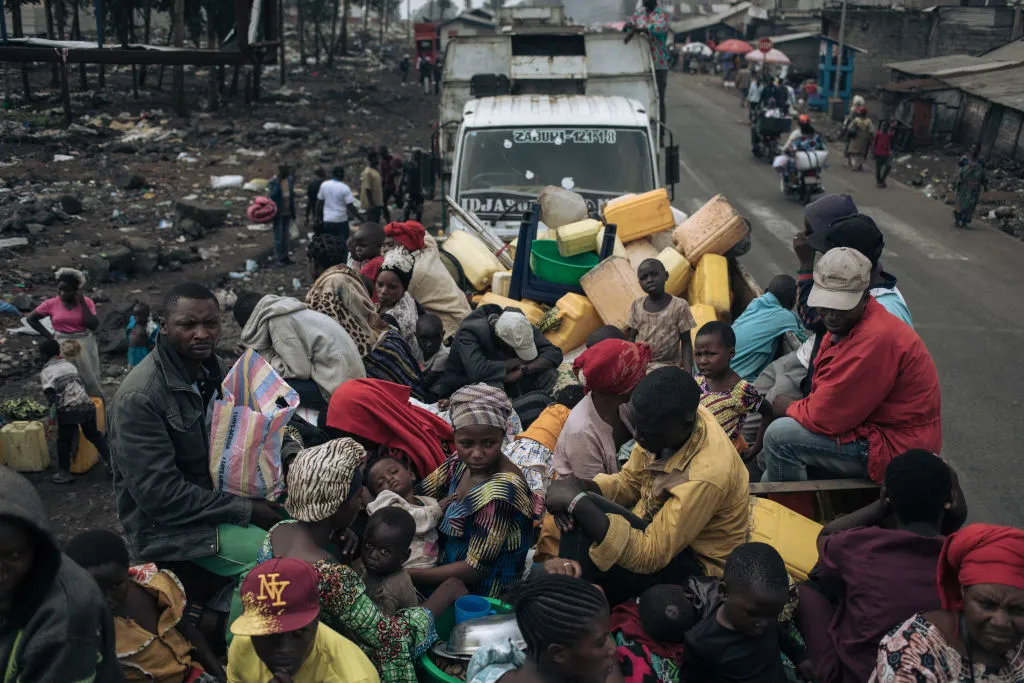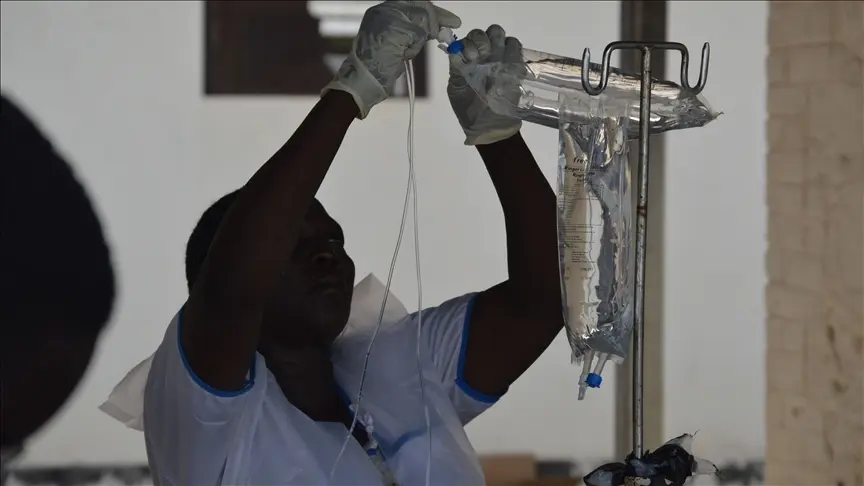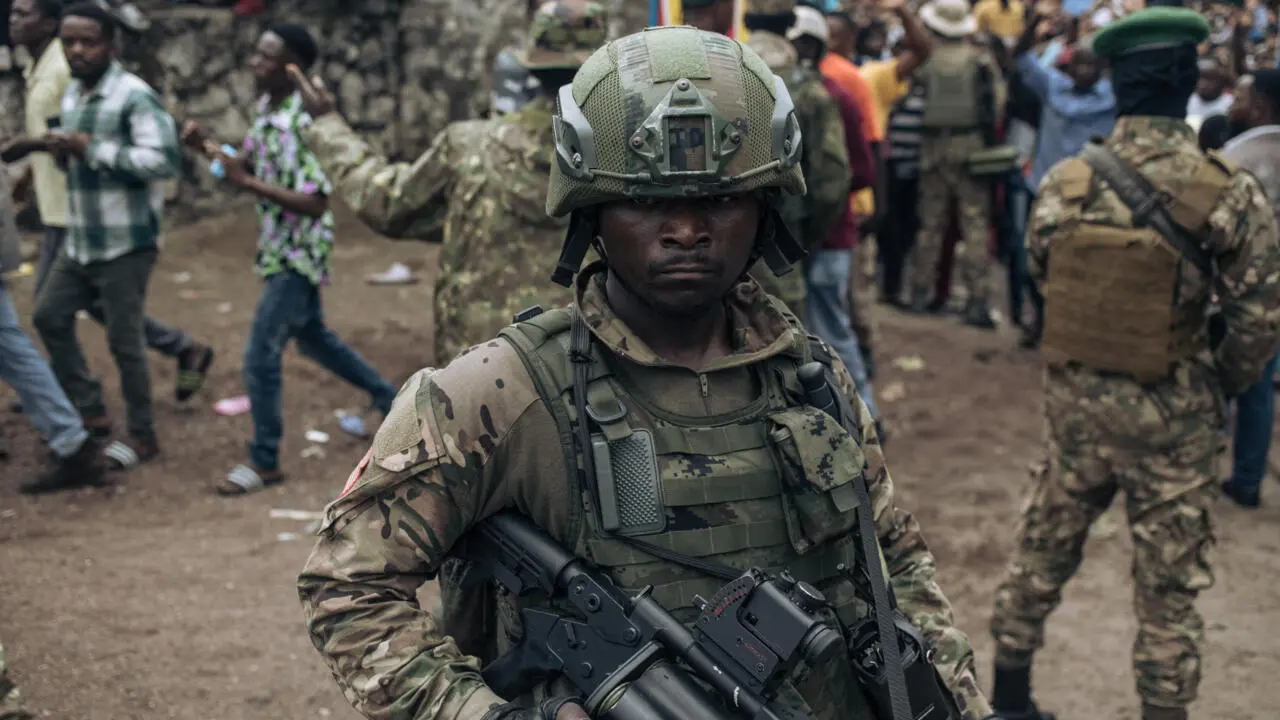July 25: Honoring the Legacy and Struggles of Afrodescendant Women
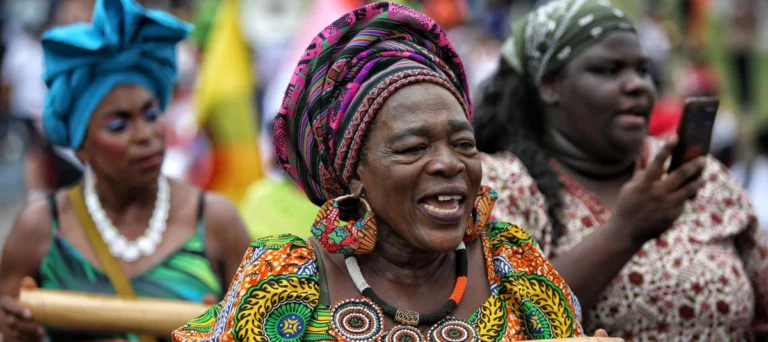
Photo: UNESCO
July 25, 2025 Hour: 2:13 pm
This Friday, the world commemorates the International Day of Afrodescendant Women, a date that transcends symbolism to amplify the voices, resilience, and contributions of women who have historically defied both visible and invisible barriers.
Established in 1992 during the First Meeting of Afro-Latin American, Afro-Caribbean and Diaspora Women in Santo Domingo, Dominican Republic, the day emerged as a collective response to sexism, racial discrimination, poverty, migration, and violence. From that gathering, the Network of Afro-Latin American, Afro-Caribbean and Diaspora Women was born, becoming a vital platform for empowerment and advocacy.
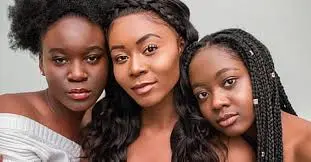
Despite decades of activism, Afrodescendant women continue to face intersecting forms of discrimination that limit their development and visibility. The day’s objectives remain urgent:
- Combat racism and sexism that push Afro women into poverty and marginalization
- Challenge stereotypes and prejudices that distort their image and undermine their dignity
- Promote active participation in public life and decision-making spaces
- Demand concrete policies that ensure full integration and protection of rights
In Venezuela, President Nicolás Maduro paid tribute to Afrodescendant women, praising their indomitable spirit and cultural legacy. He echoed Hugo Chávez’s vision of Africa as “our mother,” not only for historical and ethnic roots but for a shared destiny. Maduro reaffirmed that the Bolivarian Revolution recognizes and empowers Afro women, pledging continued support for their present and future.
The UN also marked the occasion with a call to action, urging states to address structural racism, gender-based violence, and socioeconomic exclusion. Experts emphasized the need for intergenerational justice, intersectional policies, and data-driven strategies to dismantle systemic barriers.
Across Latin America and the Caribbean, events include forums, marches, exhibitions, and community dialogues, all aimed at preserving ancestral knowledge and advancing equity.
Author: OSG



